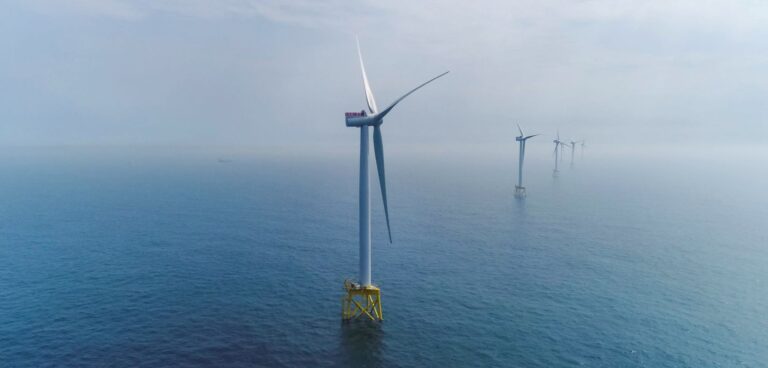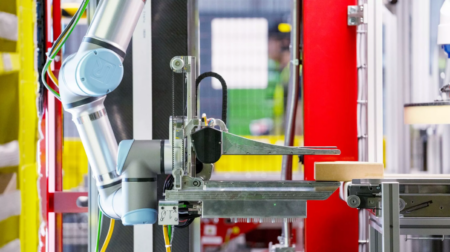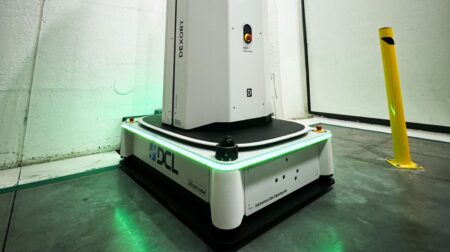The UK government is to invest £134m in clean growth projects that develop new technologies and create jobs to help businesses recover from coronavirus in a greener way.
Over 1,000 projects will receive up to £175,000 each from Innovate UK’s sustainable innovation fund to bring new ideas, which tackle climate change and drive productivity, to market.
One such project is Rovco in Bristol, which has created a remotely operated underwater vehicle (ROV) that can carry out underwater inspections of large offshore wind turbines. The autonomous technology can assist human operators in carrying out maintenance of renewable energy sources while reducing the safety risk of works and maintaining social distancing measures.
Another project to receive funding aims to use AI to reduce the amount of waste in the UK’s brewing industry. KegTracker, based in Pontypridd, Wales, will turn kegs into ‘smart containers’ providing real-time data to monitor the condition and contents of the kegs travelling from brewery to pubs and back. According to KegTracker, this could reduce beer waste, which currently costs the UK an estimated £5bn annually.
The government said these ideas could transform manufacturing, hospitality and the automotive industries by responding to the unique challenges presented by the coronavirus pandemic.
UK business secretary, Alok Sharma, said: “The UK’s response to coronavirus has demonstrated the very best of British ingenuity, and it is this resourcefulness that will help us navigate our way through this pandemic.
“This investment will ensure that our innovators and risk-takers can continue to scale up their ideas, helping the UK to build back better and ensure we meet our clear commitments on tackling climate change.”
A project previously covered by Robotics & Innovation will also be awarded funding. Robotiz3D, a spin-out company from the University of Liverpool, is developing a technology that autonomously detects and characterises road defects such as cracks and pothole.
The project would speed-up road repairs and lower overall costs whilst reducing the carbon footprint caused by road maintenance vehicles.








